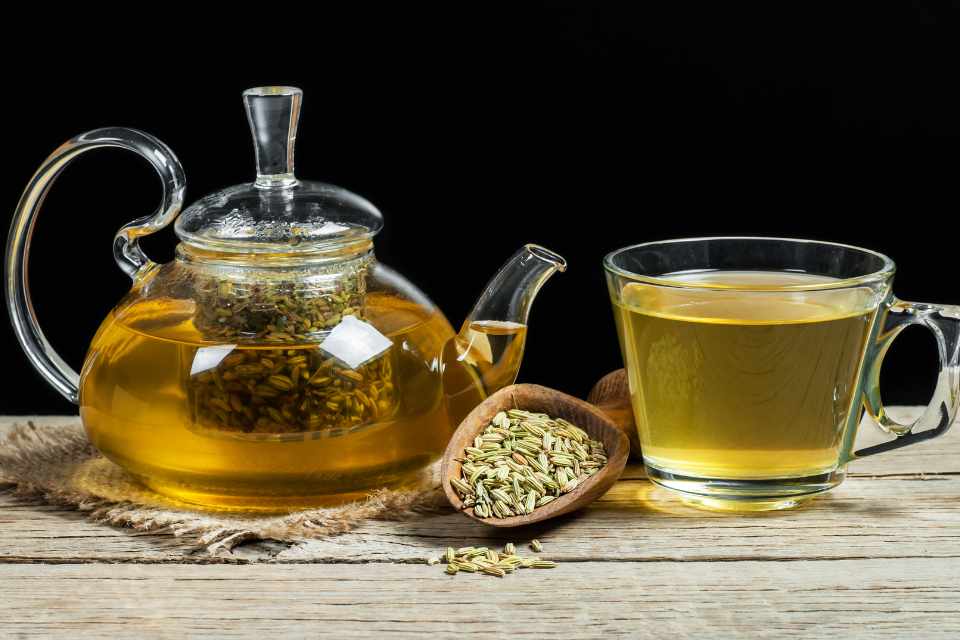This week is World Breastfeeding Week. Breastfeeding is promoted during this week every year. As a means to improve the health of babies around the world. One way to encourage breastfeeding is to help women understand the benefits. So, why is breastfeeding better for your baby than formula feeding? Here I discuss the latest research on the benefits of breastfeeding. I also mention the traditional herbal remedies that improve milk supply.
The benefits of breastfeeding
The benefits of breastfeeding are extensive. The World Health Organisation believes breast milk gives a baby the best start in life. Which is why they recommend exclusive breastfeeding for the first six months of life.
Simply put, mother’s milk is the perfect food for a developing baby. It contains the right balance of protein, carbohydrates and fats. So, no other foods or fluids are needed.
At six months of age, the baby starts to need more than breast milk alone can supply. So, solid foods should be started. Whilst continuing to give also breast milk on demand. At least for the rest of the first year of life. Beyond the first year is even better. As breast milk continues to provide higher quality nutrients than complementary foods.
The composition of breast milk and formula milk are very different. To a large extent breast milk depends on the mother’s diet. Yet it still changes in nature according to the infant’s needs. Breast milk provides the best nutrition for brain development. Breast milk even provides antibodies to strengthen the baby’s immature immune system. Providing protection against infections and a variety of other health conditions.
For example, research shows that breastfeeding provides short and long term health benefits:
- less risk of Sudden Infant Death Syndrome (SIDS)
- less incidence of allergies
- reduced incidence of Type 1 and Type 2 diabetes
During the first six months of life, breast fed babies have more rapid growth than babies fed on formula milk. Or even those babies that consume a combination of breast milk and formula milk.
The breastfeeding process also helps mother and baby bonding. While the mother also benefits from breastfeeding her baby. For example, we know that mothers that breast fed their babies have:
- reduced incidence of postpartum depression
- reduction of post-partum bleeding
- improved weight control
- reduced risk of osteoporosis
- reduced incidence of breast and ovarian cancers
Breastfeeding and the microbiome
The birthing process determines the composition of the baby’s gut bacteria population. Since the delivery method determines the source of colonising bacteria. Babies born vaginally receive microbes from the mother. Whilst those born by caesarian section receive bacteria from the hospital environment.
The type of nourishment the baby receives also plays a role in establishing the microbial population. Which becomes established during the first two years of life, into a more adult like balance of bacterial species. A stable and healthy microbiome in infancy can have far reaching effects on health throughout life. Likewise an unhealthy microbiome now, can have health consequences later.
Bacteria are also transferred between the mother’s skin and the baby during suckling. Mother nature’s genius is that breast milk contains both probiotics and prebiotics. Probiotics being beneficial bacteria, and prebiotics the food for those microbes. Establishing a healthy balance and diversity of gut bacteria right from the start. Creating the right conditions for developing an adult like balance of bacterial species. This usually occurs around two years of age. A stable and healthy microbiome now has long term consequences for health.
Why women may not breastfeed
There are several reasons why a woman may not breast feed her baby. This may be through choice or because of factors out of her control. Yet, a 2010 study in England found that 83% of mothers did breastfeed their newborn babies. Though, the number of women that were exclusively breastfeeding six weeks later was 24%.
The most frequent reason for discontinuing with breastfeeding was poor breast milk production. This can occur in many situations. Such as a baby being born pre-term, illness of the mother or the baby, or emotional stress. Frequency of feeding affects the milk supply. So any interruption can cause the milk supply to dry up.
Which herbs can improve milk production?
Plants contain constituents that can change or improve some body functions. Such as using plants for increasing milk supply. The use of herbal remedies for increasing milk supply has a long history in many cultures. With knowledge about which herbs increase mother’s milk passing down through the generations.
Hippocrates is quoted as suggesting that “If the milk should dry up … give her to drink the fruit and roots of fennel.” The fruit here refers to the fennel seeds. These are one of several herbal remedies known for this purpose.
Remedies that increase milk production are collectively called galactagogues. Most of these work by increasing production and release of prolactin. The pituitary gland releases prolactin in response to the baby’s suckling. Examples of galactagogue herbs are fenugreek, fennel, anise, goat’s rue, nettle and milk thistle.
There are few scientific studies of herbal galactagogue use. Yet, mothers over the years can attest to the benefits of these herbal remedies. Farmers also use these herbs to increase the milk supply of their cattle.
The culinary spice fenugreek is one of the few herbs studied for improving milk supply. It also has a reputation as one of the best herbal galactagogues. In fact this herbal medicine also eases labour pain and regulates menstrual cycles. As a digestive aid, fenugreek seeds, soaked in water, soften and swell and form a gel. Which can be used similarly to psyllium seed to relieve constipation.
Furthermore, as a remedy of the Ayurvedic tradition of herbal medicine, fenugreek was used for blood sugar control. A use that has been verified in studies. Fenugreek regulates blood sugar levels and lowers insulin resistance.
Though fenugreek is widely accepted as a safe herb users often report a side effect. Fenugreek produces a maple syrup like smell of bodily secretions. These include breast milk, urine and sweat. It can also cause diarrhoea and worsen asthma or symptoms of low blood sugar.
Now, I’d like to hear from you. If you have any comments on the above information please send them in.








0 Comments